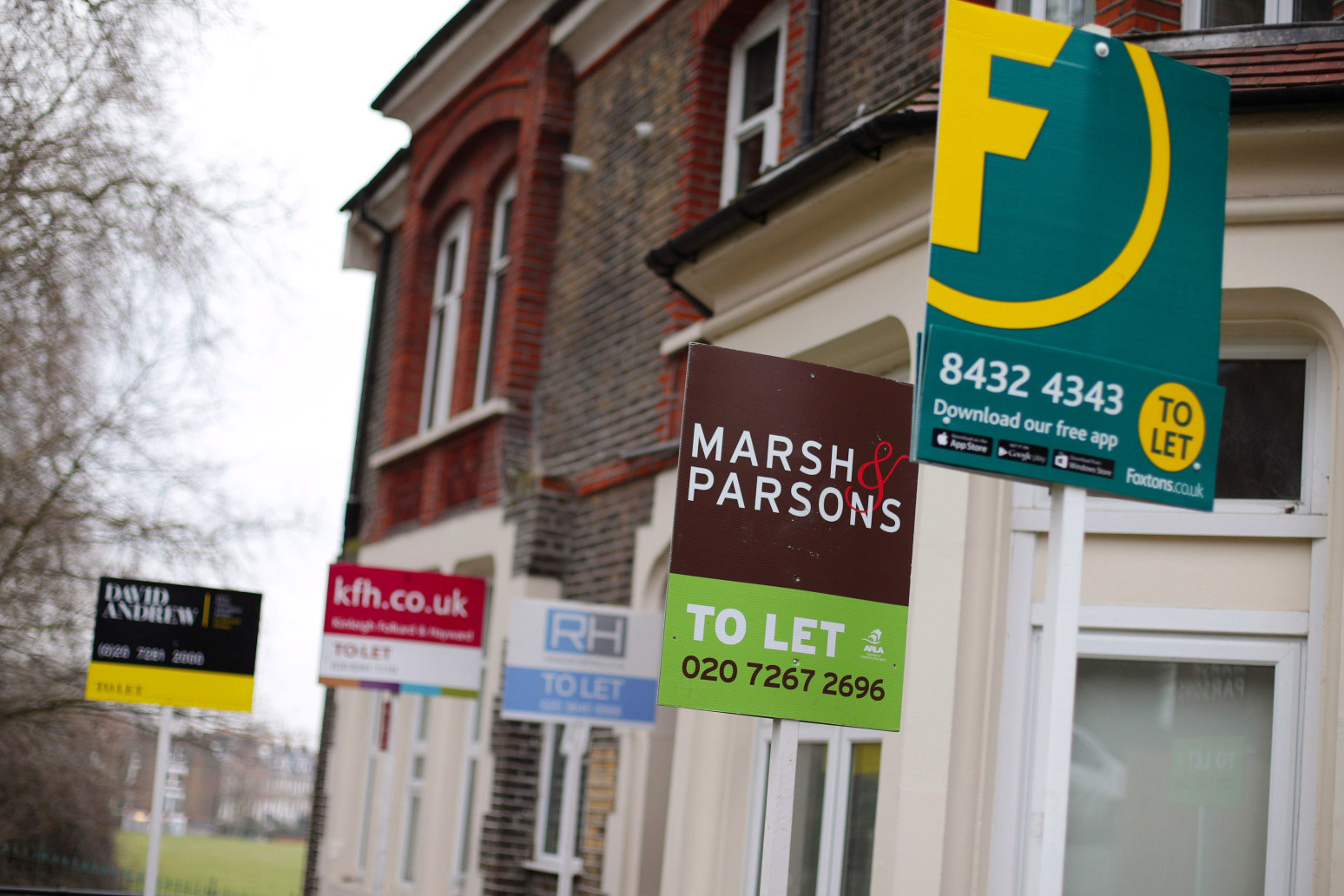
UK housing market set to be busiest since 2007
That's according to data from Zoopla
This year is set to be the UK’s busiest housing market since 2007, with one in 16 houses changing hands in 2021, a property company has said.
Zoopla said its House Price Index shows strong buyer demand as a result of the coronavirus pandemic, which has boosted the average value of homes in the country to £240,000, up from £200,000 five years ago.
Over the past 12 months alone, average UK prices have risen by £15,500, with the South East and South West recording growth of more than £22,000.
The annual rate of growth for all homes is 6.9%, up from 3.5% in October 2020, the firm said, a slight fall from the 7% increase recorded in August and September 2021.
Its quarterly figures also show a slowdown in the overall pace of growth – down from 2.8% in July to 1.2% in October.
Regionally, Wales has shown the highest rate of house price rises at 10.8%, followed by the North West of England.
Liverpool, Manchester and Sheffield showed the highest rate of growth among cities at 10.6%, 8.7% and 7.9% respectively.
The stock of new homes for sale is down more than 40% on the five-year average but the number of houses for sale is down more than 50%, while the stock of flats is also down by 15%.
However, the annual price growth for all houses is running at 8.3% – almost double the five-year average of 4.2%.
Overall buyer demand has run at 28% above the five-year average.
Grainne Gilmore, head of research at Zoopla, said: “New supply will start to rise at the turn of the year as households use the holiday period to make a decision around making a move.
“In typical years, the highly seasonal supply of homes being listed for sale slows in the run up to Christmas, but rises sharply in the new year. On average, the supply of listings at the end of January runs some 50% higher than the start of December.
“Buyer demand will remain strong moving into next year, but as the market starts to normalise in 2022, there may be an increase in the proportion of activity among movers, who are active in the market as sellers as well as buyers. This should ease the constraint in supply to some extent.
“Other factors that will affect prices next year include the looming economic headwinds in the shape of rising inflation – which will push household costs higher.
“Even with some interest-rate rises, mortgage rates are likely to remain relatively low compared to long-run averages, and there is more room for price growth across some of the most affordable housing markets.”
Published: by Radio NewsHub